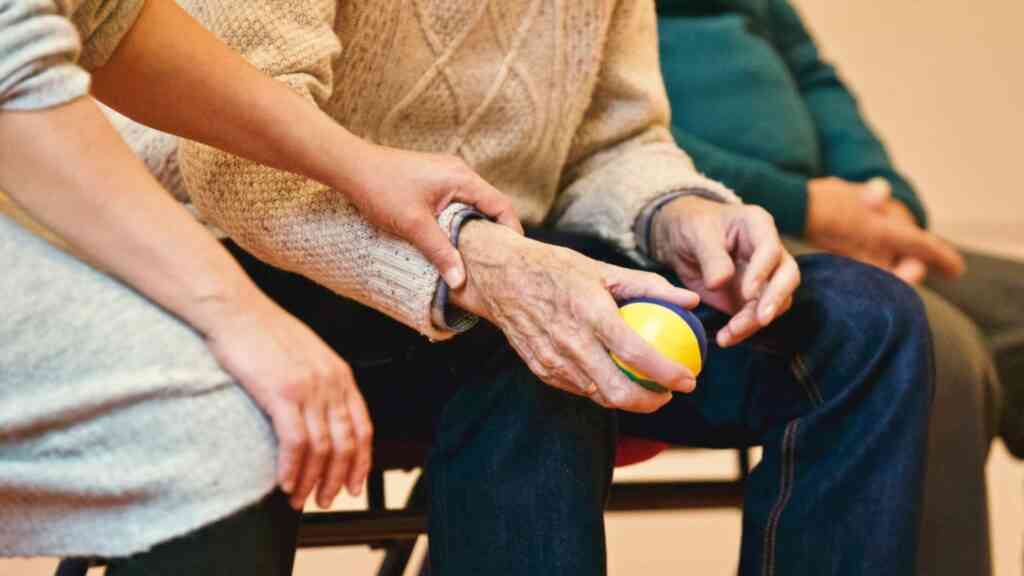Truth & Goodness
Sickles, Hammers, and Dollars: The Capitalist Miracle of “Red” Vietnam
01 March 2026

Jean-Paul Sartre (1905‒1980), a prominent French existentialist, once said that existence precedes essence. In this phrase, he expressed his conviction that “man first of all exists, encounters himself, surges up in the world, and defines himself afterwards.” How much of my life depends only on me? Are there, and if so, where, the limits to my agency and the possibility of creating myself? Involvement is an act of my freedom, and freedom entails responsibility. Am I aware of this, engaging in different situations every day, often provoking or creating them according to my imagination?
Looking at modern man, one can notice problems with involvement in them. On the one hand, we like to take the initiative, and have a sense of agency, because it gives us a sense of self-realization, meaning and purpose. However, getting involved in something inevitably entails taking responsibility. Therefore, in many situations, we would prefer that the burden of involvement be taken on by someone else, because the specter of the consequences that will have to be borne may raise our fears and doubts. Seeing a drowning man, some of us will jump into the water to save them in a sense of responsibility for the other, others ‒ estimating their strength and capabilities ‒ will not dare to make such a decision and ask for help from someone else. Others will pass by indifferently, recognizing that it is not their business. This simple example shows how different our approach to the issue of getting involved in a particular situation of another person can be.

The term “to become involved” itself indicates the multitude of possible directions and areas in which a person has a chance to realize themselves. One can be focused on oneself, on the development of one’s skills and abilities, on the spiritual, intellectual and bodily improvement of oneself. One can also engage with other people in the form of supporting, motivating, uplifting, and accompanying them in everyday struggles. Our agency can also be directed toward specific undertakings having a wider scope. In this context, modern man joins, for example, in the protection of the planet by spreading pro-ecological awareness, in the development of artificial intelligence, seeing it as an opportunity to improve the well-being of humanity or in political activity, believing in its effectiveness and reasonableness. By engaging we often mean providing help or broadly understood support. A lecturer who performs his work with passion and conviction, supports students, motivating them to self-development, believing that someday it will bring the expected results in their lives. Our involvement can therefore take various forms: material (financial), ideological (concerning worldview), mental and intellectual on the path of individual improvement. However, the key phrase ‒ to any kind of involvement ‒ seems to be: “I can.” It reveals the whole meaning of creationism, which rests in my hands. Much depends on me. My voice, my attitude, my choice – all matter. Not only for me but also (or perhaps most of all?) for others.
The great optimism of such an attitude was described by Jean-Paul Sartre, quoted at the beginning, who believed that man, coming into this world, is only (as much?) pure potentiality. Only later, with time, man defines themselves, gives shape and form to their existence in every respect, taking their life in their hands and giving it a concrete form.
“Man is nothing other than what he makes of himself. Man first exists; that is, that man primarily exists – that man is, before all else, something that projects itself into a future and is conscious of doing so.”
The optimism of his approach suggests to modern man that there are no limits to them. No external conditions ‒ if only I remain aware of them ‒ can prevent my self-management of my life. My fate is in my hands and it is up to me what I do with it.
Sartre believes that the only thing that defines me is my actions. My actions, decisions and choices I’ve made create me as a human being: without any previous conditioning, roots, or external influences that could make it difficult to build myself from scratch.
“The only hope resides in man’s actions and the only thing that allows a man to live is action. Consequently, we are dealing with a morality of action and commitment.”
The issue of morality seems very important here because in creating myself, I choose my morality all the time. The decisions I make point to values I want to defend or reject. By engaging in myself, in another, in a specific cause, I always stand on the side of the system of values, which I realize through the act of engaging in something or someone. The key ethical issue here is the sense of responsibility. Returning to the example mentioned at the beginning: Seeing a drowning man, I want to help them, because the value of human life is the most important for me in this situation. You have to get involved. But how to do it responsibly? Will I have enough strength and skills to help by jumping into the water to rescue someone else, or would it be more reasonable to call for help from someone more experienced? Following the current information from the holiday period, it turns out that some will reject any involvement in such a situation, recognizing that it is not their business. What values do they stand on and how to understand their sense of responsibility for others? Sartre would say: “You are free – choose,” but the choice is unequal, especially when looking at the consequences.
Undoubtedly, the attitude presented by the father of modern existentialism makes man aware of great agency and possibilities of realization that are hidden in each of us. It’s up to us what we do with them. Sartre believed that:
“No doctrine is more optimistic [than existentialism], since it declares that man’s destiny lies within himself.”
On the other hand, it is worth looking at such extreme optimism with a hint of criticism. Sartre believes that the value of what we do lies in the sheer will and power of commitment.
“One can choose anything, so long as it involves free commitment.”
We know, however, that man can get involved with all his heart, conviction and passion in destructive and even criminal activity. If they do it with conviction and passion, is it enough to justify their choices and decisions that hurt other people?
On the other hand, do we have full freedom in creating our lives and engaging in various life situations? Coming into this world, each of us is already in some way determined by the culture, customs, tradition, and education of the place and time in which we were born. Of course, one can try to cut oneself off from this, or even fight against these conditions, but does it always make sense? Would such a process have its value if it were to be undertaken only to gain absolute freedom to re-engage – as Sartre wants?
Sartre’s message is undoubtedly important and motivating for the modern man, who often fearing responsibility, gives up action and involvement. Zig Ziglar (1926‒2012), an American writer, once said:
“Most people who fail in their dream fail not from lack of ability but from lack of commitment.”
And this belief fits perfectly into Sartre’s way of thinking. Ancient thinkers also spoke in a similar spirit, it is enough to recall Herodotus (484-425 BC), a Greek historian, who said:
“All of life is action and passion, And not to be involved in actions and passions of your time is to risk having not really lived at all.”
Man has great agency in his hands. Our life, in its essence, is about commitment: in other people, in important matters, in ourselves. It is worth remembering, however, that our agency is not absolute, and each of us, living among other people, in various types of relationships and dependencies, does not have total freedom.
Therefore, let’s appreciate and benefit from the freedom we have, engaging in matters important to us, but also – let’s not overestimate our capabilities and agency that we have.
Read more on Holistic News
Truth & Goodness
01 March 2026



Zmień tryb na ciemny